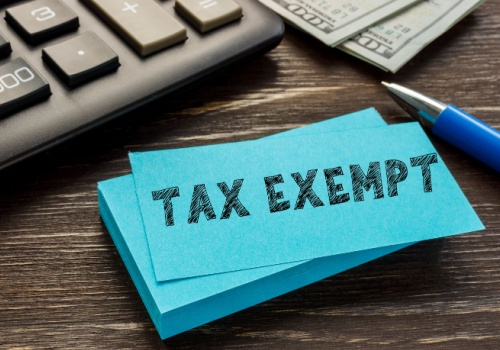
IRS Provides Guidance for LLCs Seeking 501(c)(3) Status
The IRS has issued Notice 2021-56 outlining the requirements that LLCs seeking 501(c)(3) status must meet to be recognized as tax-exempt by the IRS. These

The IRS has issued Notice 2021-56 outlining the requirements that LLCs seeking 501(c)(3) status must meet to be recognized as tax-exempt by the IRS. These
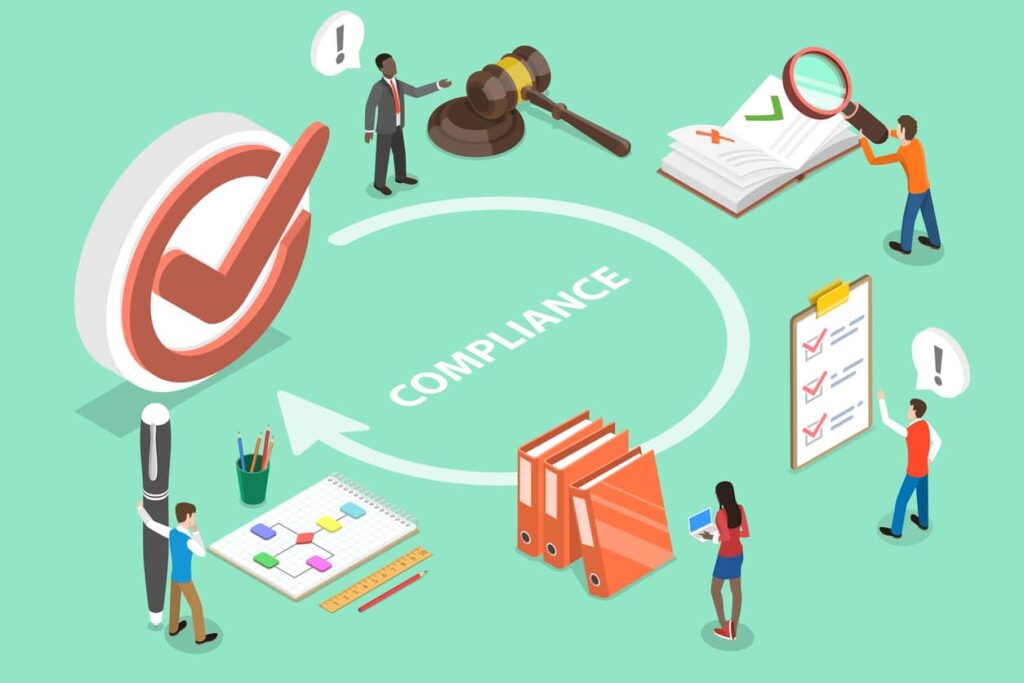
At the beginning of each fiscal year, the IRS releases guidance on its compliance priorities for tax-exempt and government entities (TE/GE) and explains how those priorities align with the agency’s strategic goals. This year, the IRS has streamlined its usual annual long letter approach into a short two-page letter and promised to provide quarterly updates on its compliance priorities; an effort to more accurately reflect the fluid nature of IRS operations and shifting compliance priorities throughout the year.
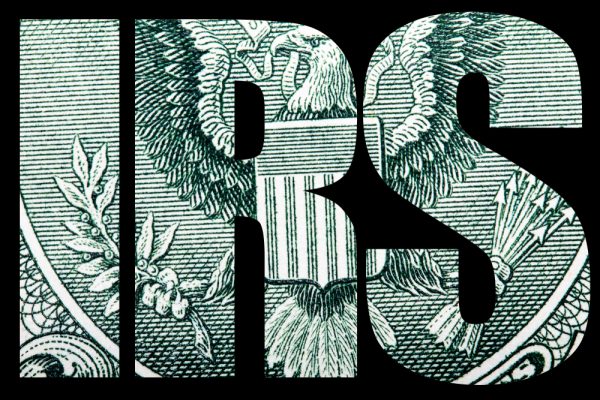
The IRS released a statement admitting that they sent certain tax-exempt organizations premature auto-revocation notices in error.

Tax-exempt organizations must report changes to their name, address, changes to their articles and bylaws, and major operational changes to the IRS.
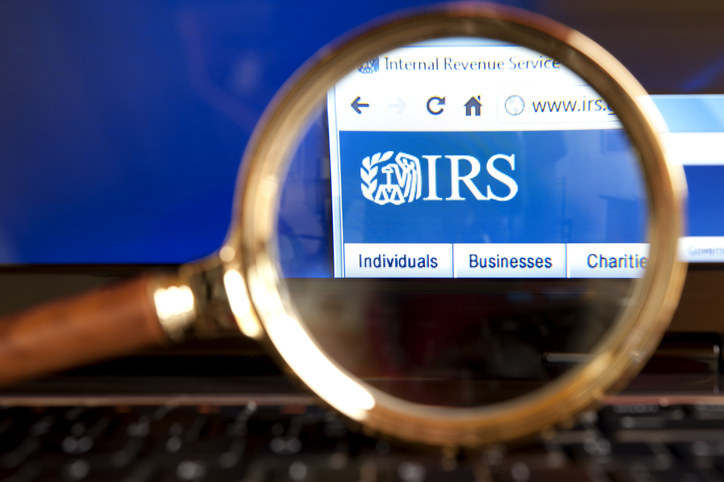
The IRS has debuted a new and improved exempt organization search page. Previously, the public could use the IRS’ Select Check tool to lookup an organization by name or EIN. However, Select Check only permitted confirmation of an organization’s tax-exempt status and whether the organization was a public charity or private foundation.

The IRS has posted in links to the questions Exempt Organizations specialists are instructed to ask in relation to various issues raised by applications for exemption and miscellaneous determination requests.
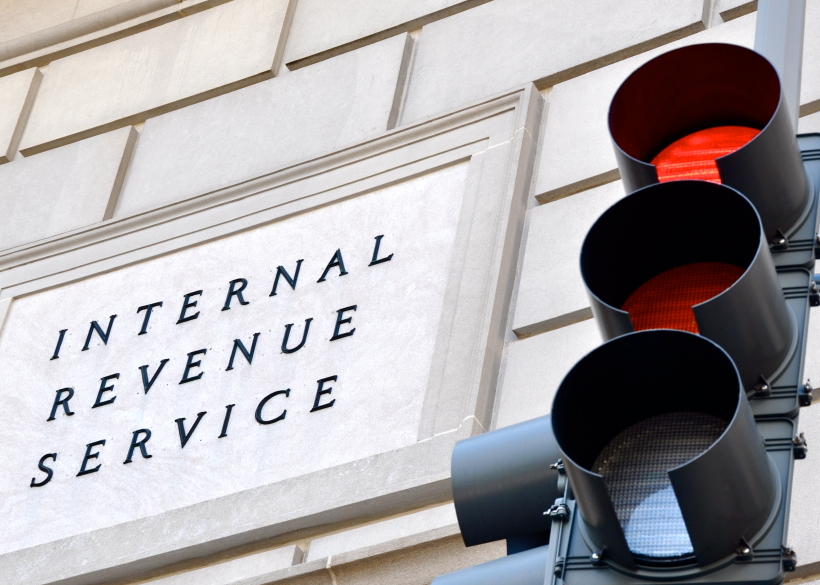
Although there are many reasons a nonprofit organization may be selected for an audit, several things heighten the chance of being selected. Things like irregularities on Form 990s, failure to file a Form 990, citizen complaints, having a relationship with another taxpayer currently being audited or receiving negative media attention can all increase your chance of being audited beyond the random internal IRS computer process.

As the IRS Exempt Organizations division indicated in its 2013 work plan, it is conducting a compliance check of self-declared tax-exempt organizations. The IRS recently mailed over 1,300 questionnaires to self-declared Section 501(c)(4), 501(c)(5), and 501(c)(6) organizations. The project is part of the IRS’ plan to gather information about self-declared exempt organizations, determine whether self-declared exempt organizations are complying with applicable tax-exempt law, and increase voluntary compliance.

t the end of 2012, the IRS introduced a voluntary classification settlement program (Settlement Program) to provide an incentive for employers with misclassified workers to comply.[1] The Settlement Program temporarily relaxes previous requirements and provides additional tax savings for those who qualify.

The IRS has released preliminary results from their study of tax-exempt organizations’ nonprofit governance practices. As expected, the preliminary findings suggest that organizations with good
Download our free guide to learn about the many elements needed to run a successful nonprofit organization, as well as how to avoid common pitfalls and mistakes.